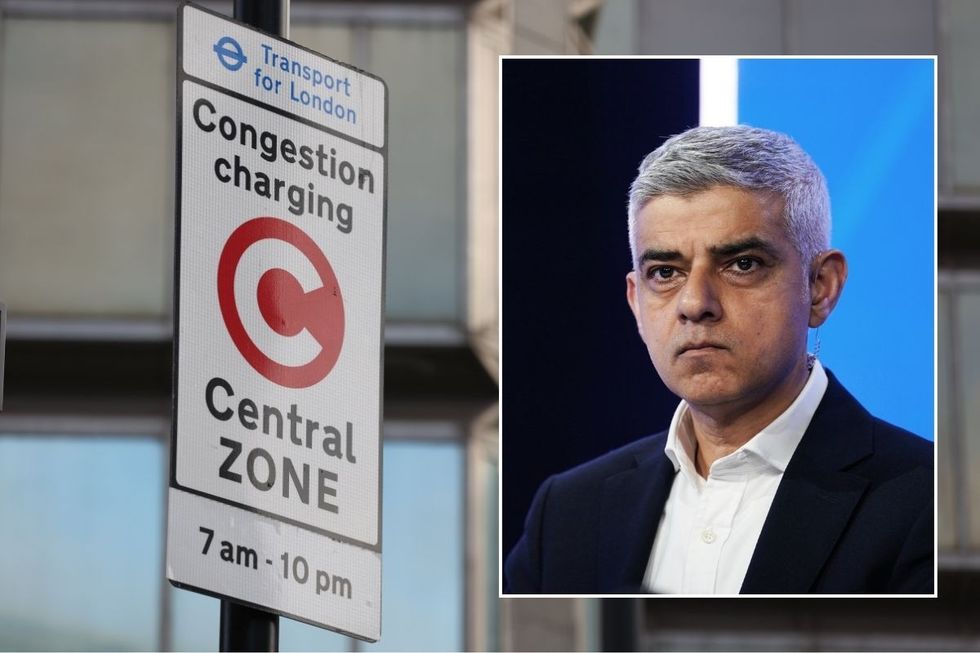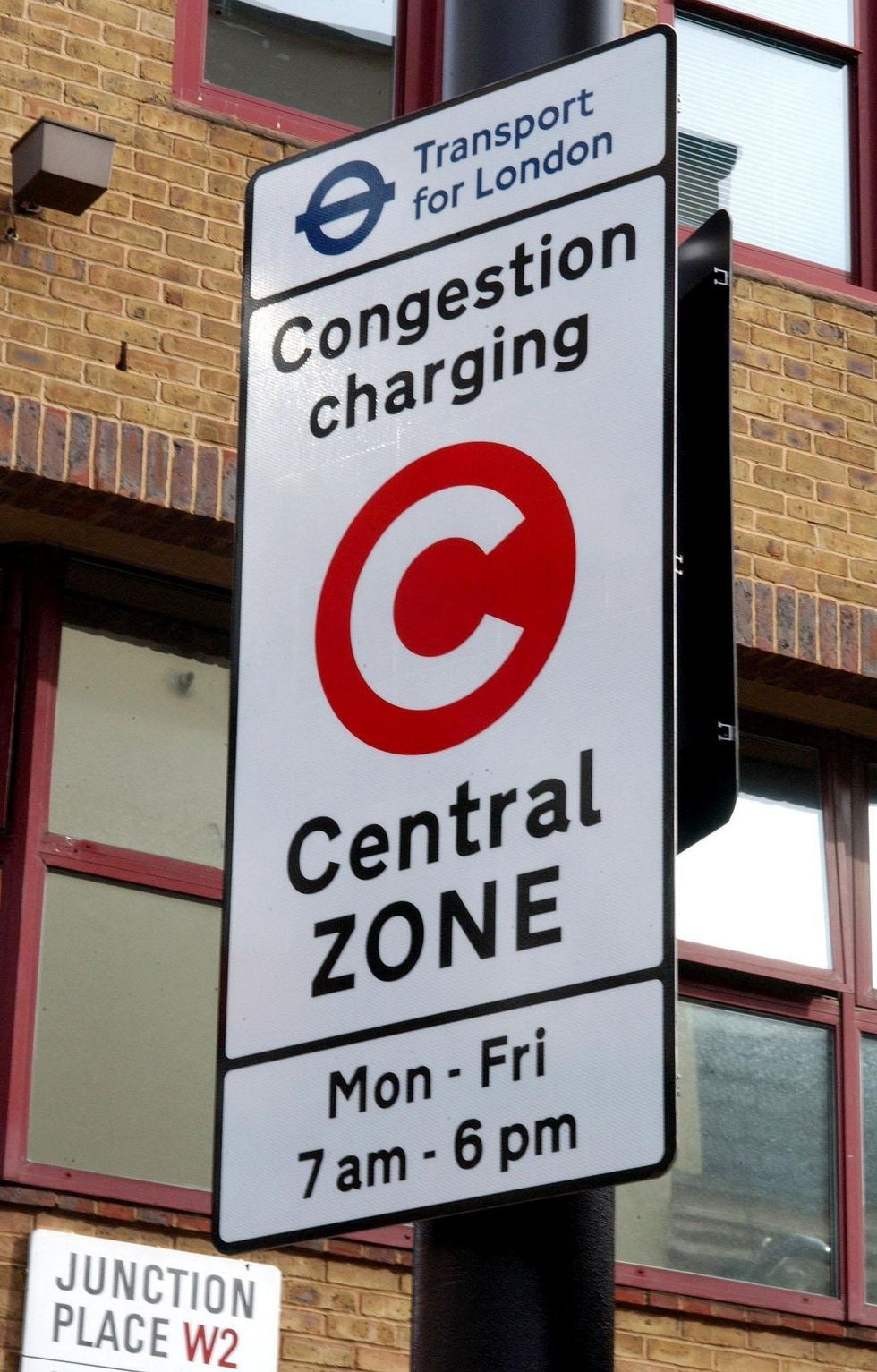Sadiq Khan’s upcoming road charges could derail the city’s green ambitions and punish drivers who made the switch to electric vehicles.
It comes after AA president Edmund King wrote to the London Mayor, cautioning that removing the Cleaner Vehicle Discount for EVs travelling through the Congestion Charge would be a huge mistake.
Mr King warned that waiving the discount was “premature” and risks “backfiring on London’s drivers, EV uptake, air quality and your admirable ambition to be the first EV-ready global city”.
Under Transport for London’s proposed changes, electric car drivers would have to pay £13.50 a day to enter central London, a 25 per cent discount from the proposed £18 daily fee.
The AA warned that this change could send the wrong signal at the wrong time, with Mr King stating that “serious barriers remain before mass electric adoption can happen”.
“Electric vehicles are a great choice for some,” Mr King said, “but we’re not yet at the point where removing incentives makes sense. The risk is that London’s early adopters end up being penalised for doing the right thing.”
Around 8.6 per cent of London drivers have already gone electric, many encouraged by the Mayor’s own environmental pledges.
The AA estimated that “nearly half the cost of the Congestion Charge changes will fall on” these drivers, some of whom could face more than £3,000 in annual fees just to travel into the capital.

But the Mayor’s push for cleaner transport appears to be stalling, with TfL’s own data revealing that London has just 221,687 registered electric vehicles, far below its 2021 forecast of 300,000 to 600,000 by 2025.
Officials have since revised their longer-term expectations, cutting the 2030 target range from 946,000–1.4 million EVs down to 860,000–1.049 million.
A TfL spokesperson blamed “wider national and international trends” for the slowdown, citing the cost-of-living crisis and economic uncertainty, which have led many people to “hold onto their existing vehicles for longer.”
Fleet operators, too, are sounding the alarm with many firms that invested heavily in electric vans to align with the Mayor’s environmental strategy, warning that the new charges could make that decision unsustainable.
LATEST DEVELOPMENTS
- Petrol and diesel drivers targeted with cost hikes under new parking proposals
- Drivers set to benefit from revolutionary green road project across popular region
- Rachel Reeves set to hammer millions of drivers with pay-per-mile car taxes despite backlash

The AA‘s analysis warned that the policy could prompt companies to revert to diesel vehicles, undermining the environmental progress made so far.
Mr King’s letter highlights this danger, urging the Mayor not to penalise the very businesses that “bought into your clean air vision” by adding new costs at a time when many are already struggling.
“Without targeted support,” he cautioned, “we risk losing both the trust of London’s drivers and the momentum behind greener transport.”
But Transport for London insisted that the policy is needed to prevent congestion from spiralling. Its analysis showed that without new restrictions, an extra 2,200 vehicles could enter the charging zone on a typical weekday.

TfL argued that central London must remain tightly managed, pointing out that congestion costs the city £3.85billion in 2024 alone.
A new Cleaner Vehicle Discount system has already been developed for 2026, offering tiered reductions for drivers of electric cars.
Electric vans and HGVs would initially get a 50 per cent discount, tapering down to 25 per cent by 2030. Electric cars would receive 25 per cent, falling to 12.5 per cent over the same period.
But for the AA and thousands of EV owners, the timing couldn’t be worse with Mr King stating that “if London wants to lead the electric revolution, now is the moment to keep people on board — not drive them away.”
Our Standards:
The GB News Editorial Charter







Follow